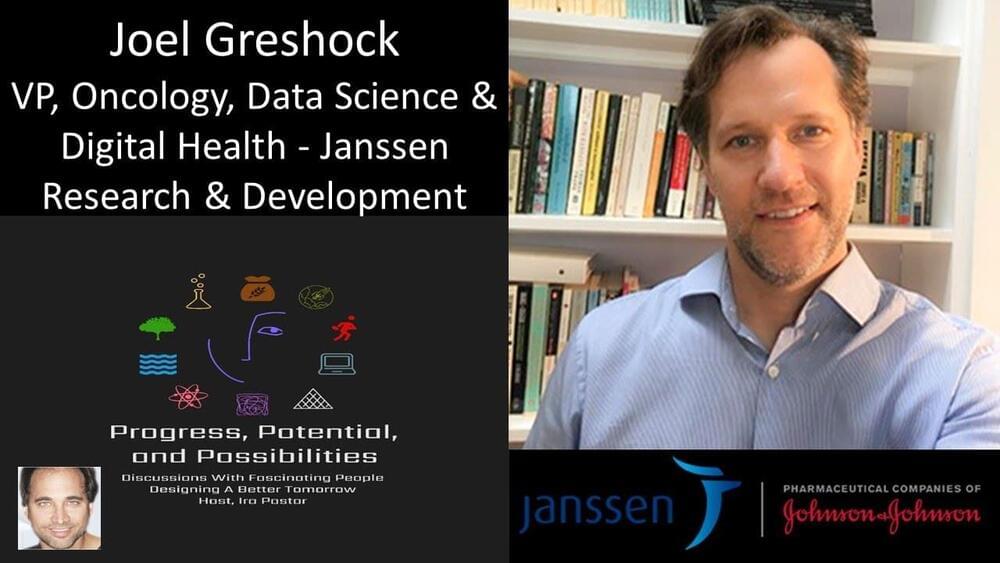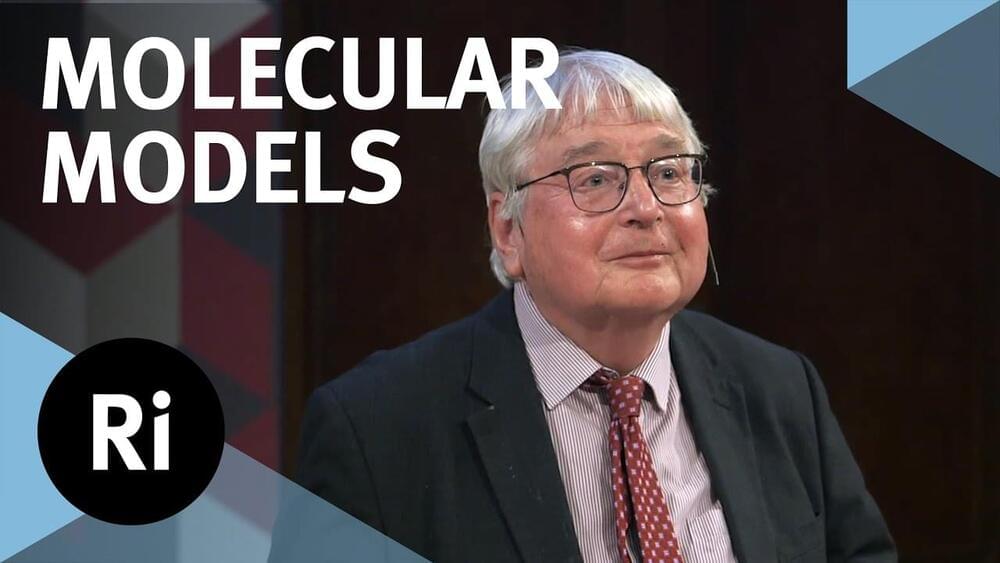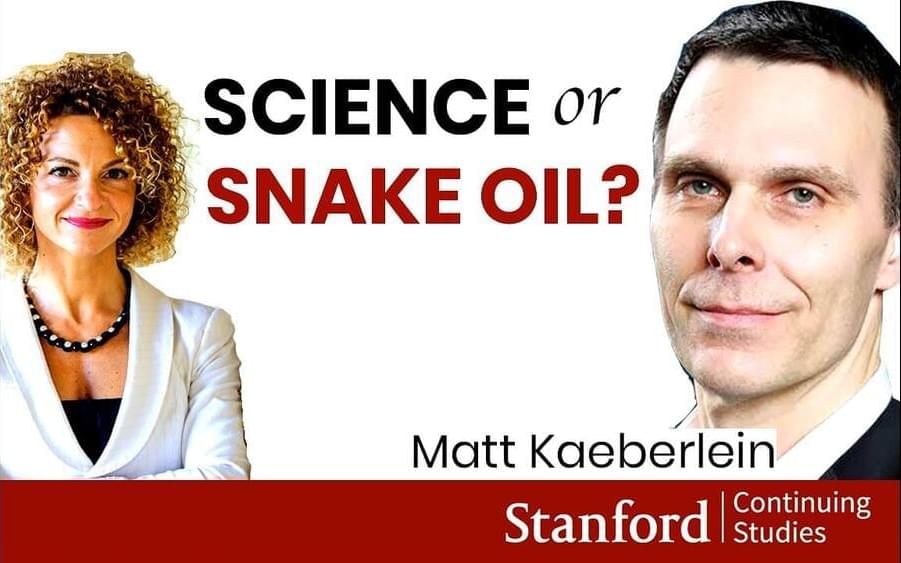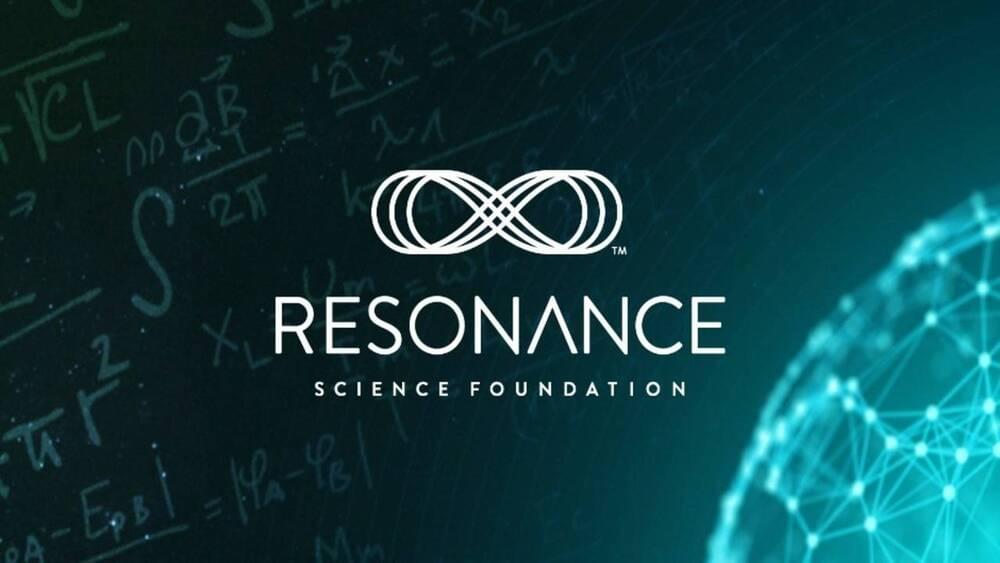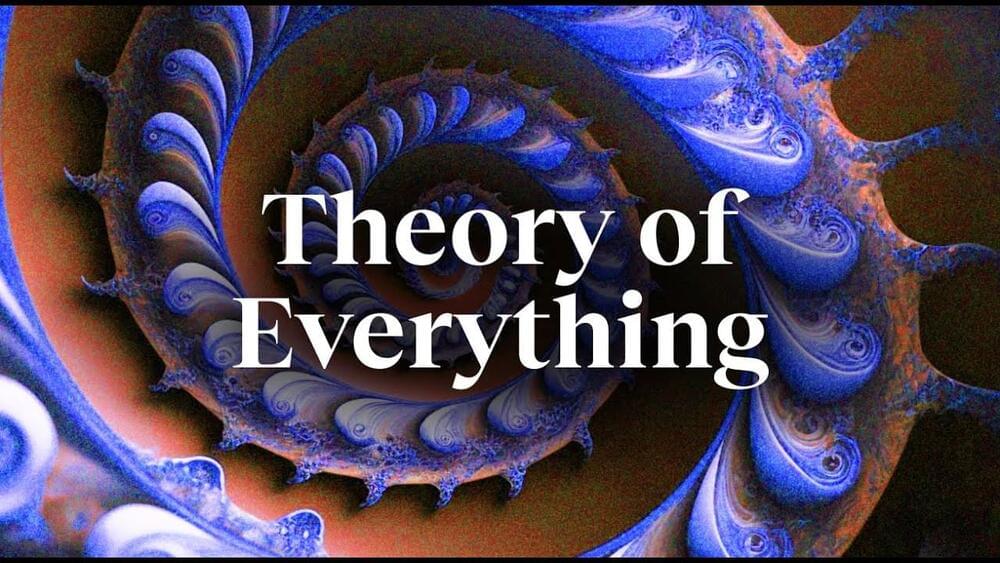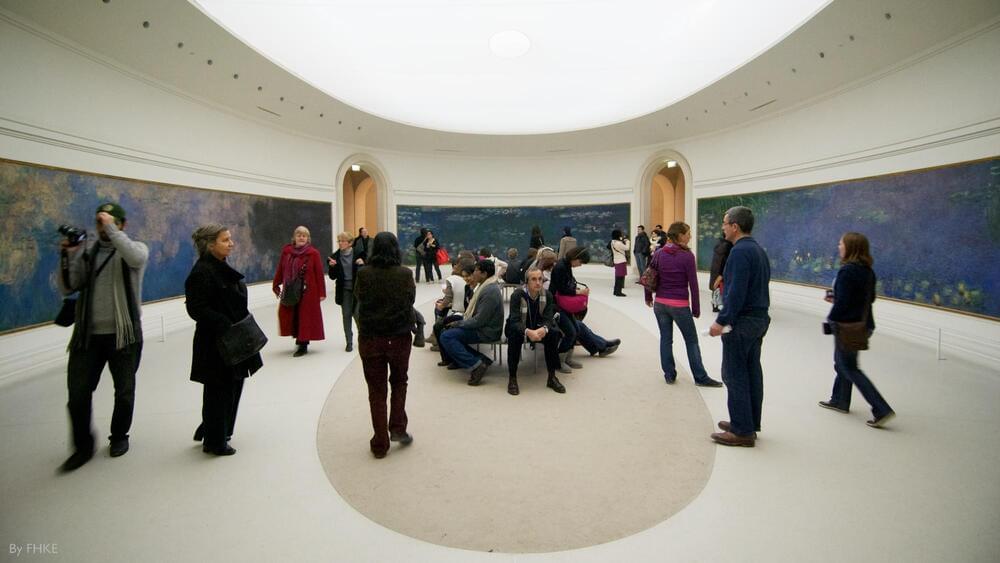
“That’s got molecules in it that will prevent cancer, among other things” like anti-inflammatory properties, he said. Some older research has shown, for example, that green tea consumption might be linked to a lower risk of stomach cancer.
Sinclair also said he takes supplements (like those sold on the Tally Health website) that contain resveratrol, which his team’s research has shown can extend the lifespan of organisms like yeast and worms.
While the compound, famously found in red wine, is known to have anti-inflammatory, anti-cancer, heart health, and brain health benefits, the research is mixed on if or how well such benefits can be achieved in humans through a pill.


